
views
- Consider if you're prepared to sacrifice your time and freedom. Having a baby requires almost all of your focus and energy, but many people feel it's worth it.
- Make sure you can financially support a baby. On average, raising a child costs $13,000 a year without extra expenses.
- Think about your support system. Do you have a partner or family members who can help you raise a baby? Raising a baby is easier with help from others.
Why do you want to have a baby?
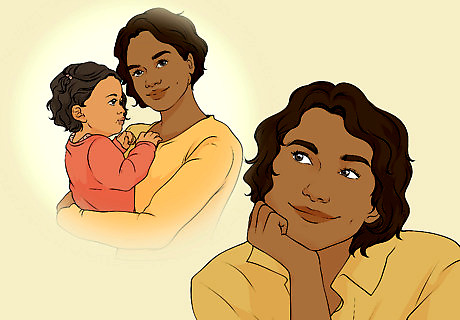
If you feel pressured to have a baby, you might not truly be ready. Society may pressure you into thinking you need to start a family. When considering whether or not it’s the right time to have a baby, ask yourself why you want one. Is it something you’ve always dreamed of? Are family members pushing you for grandchildren? Having a baby should be primarily your decision. If you’re with a partner, talk openly and honestly with them about whether or not they want children upfront. This way, you can decide the relationship's future at the start.
Are you prepared to sacrifice parts of your life?
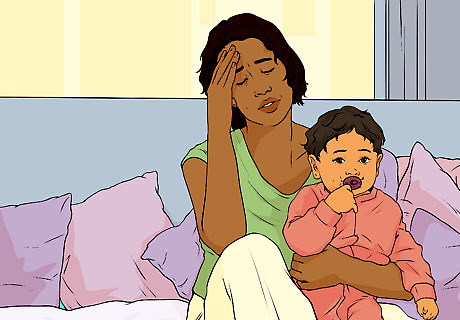
Raising a child takes a lot of work and sacrifice. The moment your baby is born or put in your arms, your life will change. Late nights out with friends turn into sleepless nights feeding and soothing the baby, and your 10 AM alarm becomes a wailing 5 AM wake-up call. You no longer only have your needs to take care of, and that means sacrificing parts of your own life to benefit your child. Watching your little one grow and become their own person can be a rewarding experience and may make all the sacrifices worth it in the end. It really comes down to what you value most!
Can you financially support a child?
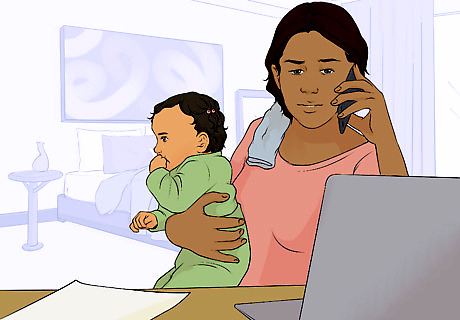
Bringing a baby into the world is expensive. On average, raising a child costs around $13,000 a year, and that’s not factoring in extra family expenses or activities. If you’re struggling financially, waiting to have a baby may be wise. Keep in mind that giving birth is also costly. Childbirth can cost an average of $18,865 without insurance or complications. There are a number of low-income resources out there if you find yourself in need. Check your state government’s benefits for financial assistance—there’s no shame in asking for help, especially if it’s for the well-being of your child. Apply for food stamps to help put food on the table. Collect unemployment if you’ve lost your job. File for welfare or temporary assistance if you need help with food, housing, or child care.
How will having a baby impact your career?
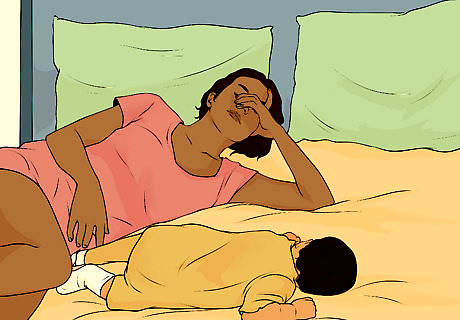
Juggling a newborn and a career can be very difficult. Before you have a baby, consider if your job has maternity and/or fraternity leave. Will you be able to recover and care for the baby after birth? If your baby is sick, can you take time off? Your plans and career goals may need to be put on hold if you become a parent. Scroll through your contacts and determine who you can trust to offer support and take care of your baby when you need a little help. Consider hiring a babysitter, nanny, or daycare service if you need to work after having a baby. If you have a partner, discuss whether one of you will be the primary breadwinner of the family or if you'll both continue to work. If one of you plans on staying home with the baby, who will it be?
Do you have a support system?
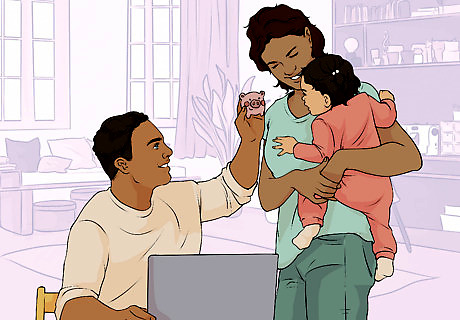
Raising a baby takes a lot of teamwork. Whether you’re in a relationship or not, having someone you can lean on emotionally can make the world of a difference for you and your child. Take a step back and consider who has your back—who can you lean on in a time of need? If you have loved ones supporting your decisions, it can make having a baby that much easier. If you have a partner, keep in mind that a baby can’t save a relationship. Every relationship has ups and downs, but constantly fighting with each other can create an emotionally toxic environment for a child. Work on mending your relationships before trying for a baby.
Are you physically healthy?
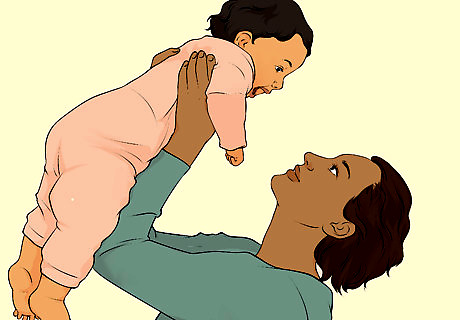
Caring for a baby requires a lot of late nights and heavy lifting. Discuss your physical health with your doctor (and partner if you have one). Raising a baby will be much easier if you're generally in good physical health. Talk to your doctor if you have a preexisting medical condition (diabetes, high blood pressure, thyroid disease, etc.) that may affect your ability to be a parent, as they can help you make life adaptions to care for a potential little one. Take into account if you (or your partner) is a smoker or alcoholic, as these addictions can hinder a baby’s health and upbringing. Getting pregnant becomes harder as you age. Pregnancy risks rise in women after the age of 35. Discuss the possibility of freezing your eggs, using a surrogate, or adoption with your doctor if you’re concerned about your physical age.
How are you feeling mentally?
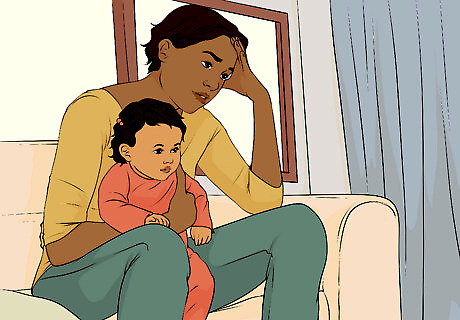
Having and raising a baby can be an emotional rollercoaster. When deciding whether or not you’re ready to start a family, take a moment to acknowledge and reflect on your mental health. Depression, anxiety, and mood swings can all be triggered by the change a baby brings. Talk to your doctor and loved ones about any concerns you may have. Focus on managing stress as you navigate the possibility of having a child. Postpartum depression can play a big part in a parent’s wellbeing; talk to a therapist if you’re prone to depressive episodes. Having a strong support system is proven to help expecting parents, so don’t be afraid to express how you’re feeling before, during, and after pregnancy. Consider taking prenatal classes to understand the changes to come.
Do you live in a child-friendly community?
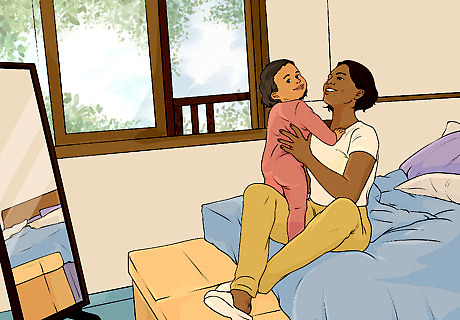
Your environment can greatly impact your child’s upbringing. Take a moment to consider where you live. Is it somewhere you’d feel safe letting a child play? Where will they go to school? Some couples decide to move to a safer and more family-friendly neighborhood before they have children, and it might be something you want to consider. Research crime in your area using websites like FBI Crime Data Explorer or SpotCrime. Find what school district you’re in by plugging your address into GreatSchools.org. Consider the size of your living space. Is there enough space for a child to grow? For instance, would your child have their own room when they're older?
What values do you want to raise your baby with?
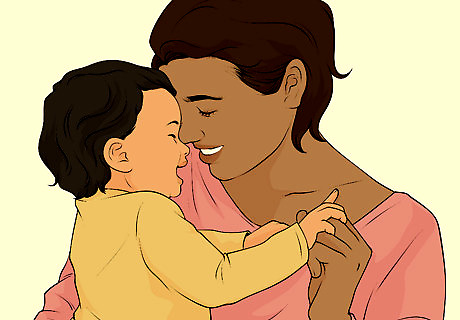
Children are like sponges with knowledge and new information. As a parent, you’ll be responsible for teaching your child the difference between right and wrong. How you raise your baby and the values you instill in them can play a big part in how they’ll view the world. So, ask yourself if you’re ready for this type of responsibility and if you know how you’ll navigate tricky conversations. Discuss your upbringing and parental values with any other caregivers to see if you’re all on the same page.




















Comments
0 comment